Bipolar disorder is a serious, often misunderstood mental illness that causes dramatic shifts in mood, energy, and activity levels.
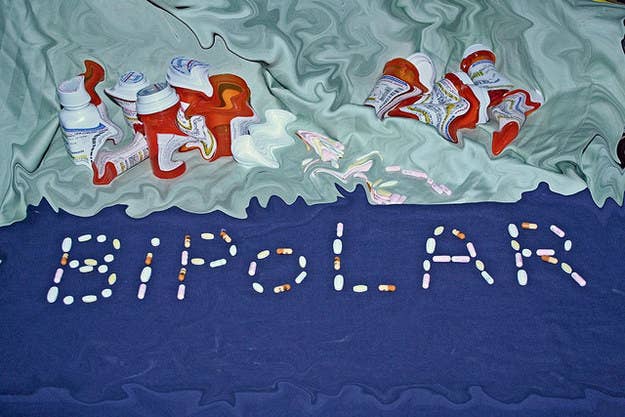
1. Bipolar disorder usually includes manic and depressive episodes, but there can also be hypomanic and mixed episodes.
2. There are a few different types of bipolar disorder.
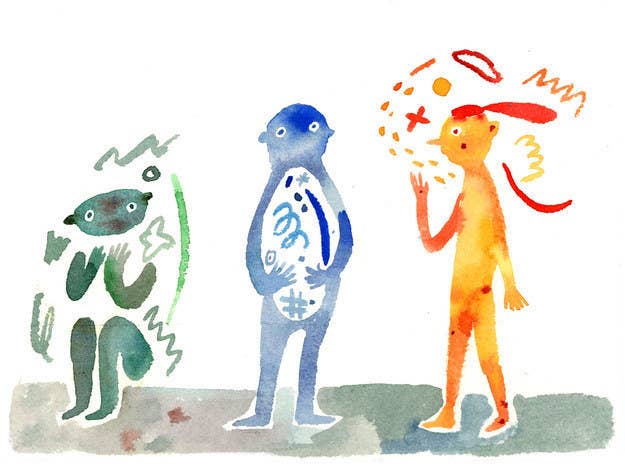
3. People with bipolar disorder are not "ticking time bombs."
4. And they probably don't fit the stereotype you have in your mind.

5. In the moment, a manic episode might feel like a super productive high.
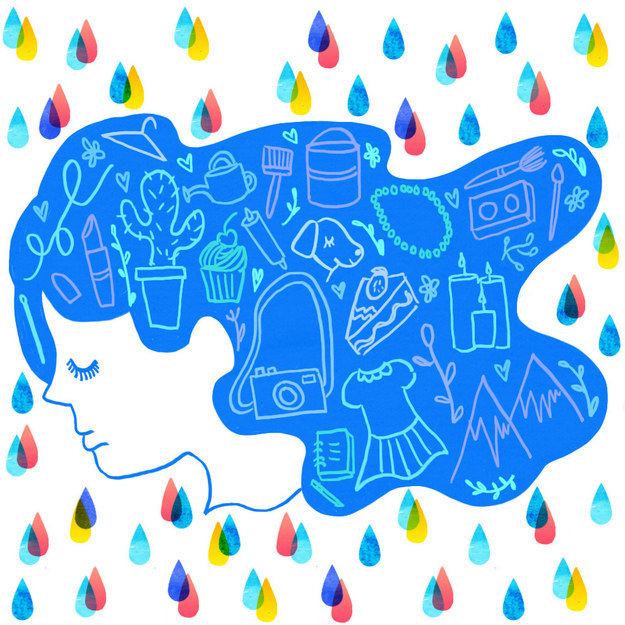
6. But mania can also be scary and unpredictable.
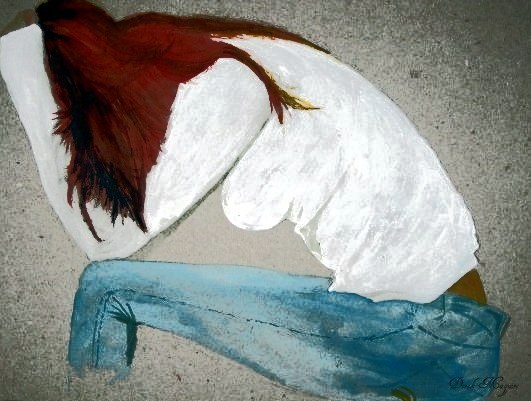
7. Depressive episodes are similar to major depression, and they can happen again and again.
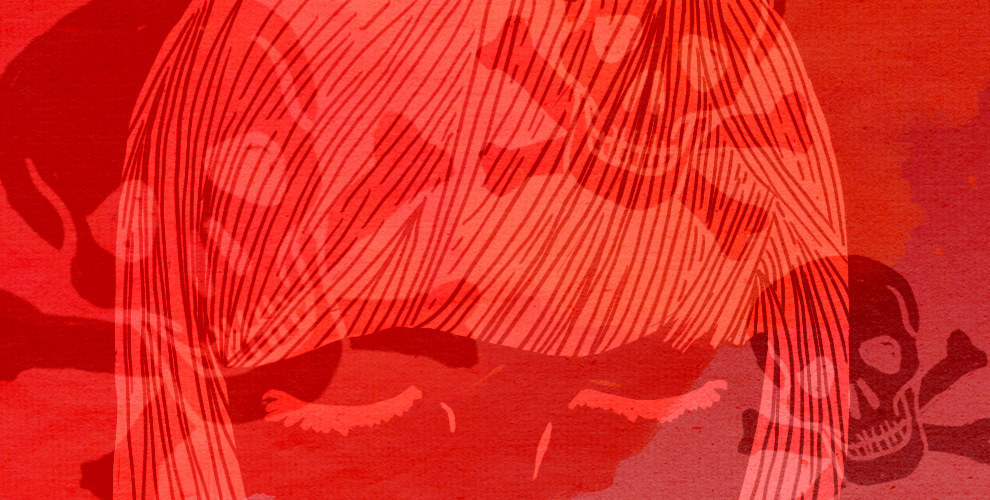
8. Mixed episodes aren't just erratic mood swings — it's feeling several emotions all at once.
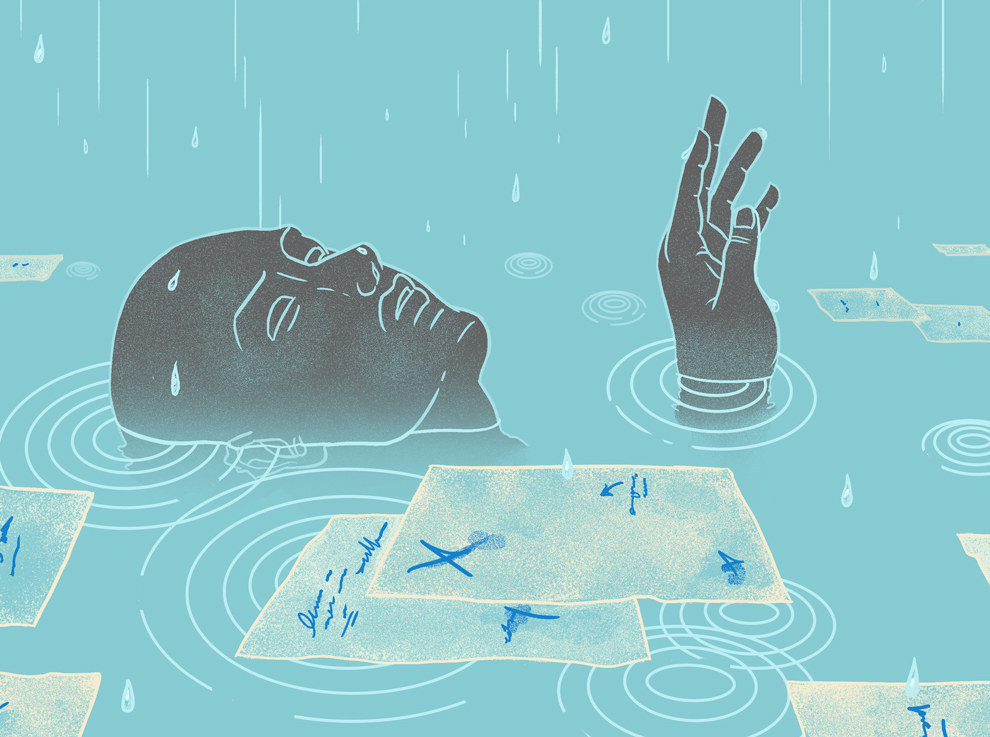
9. Having bipolar disorder is more than just highs and lows.
10. Being moody or indecisive isn't "bipolar." Bipolar disorder is a serious mental illness.
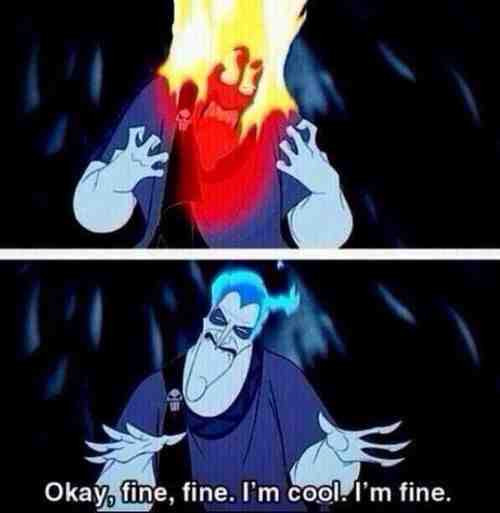
11. And it isn't something you can just beat with sheer will.

12. Not every emotion or mood swing is a symptom of bipolar disorder.

13. But sometimes even people with bipolar disorder will wonder if a random feeling is actually the start of an episode.
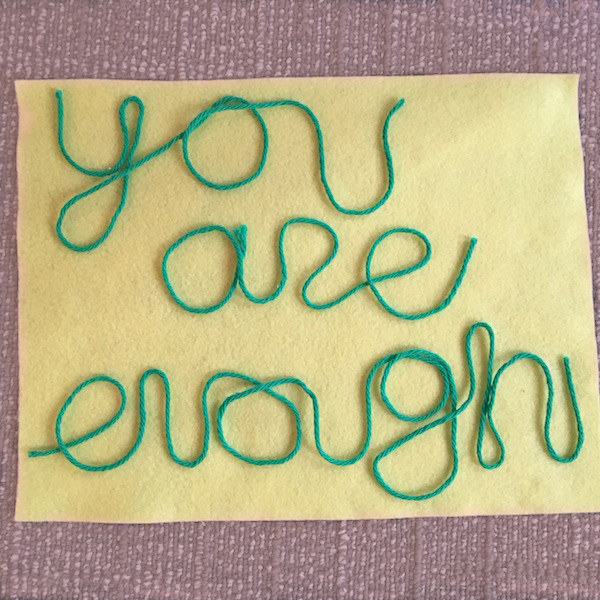
14. Episodes can last for days or weeks and change in an instant.
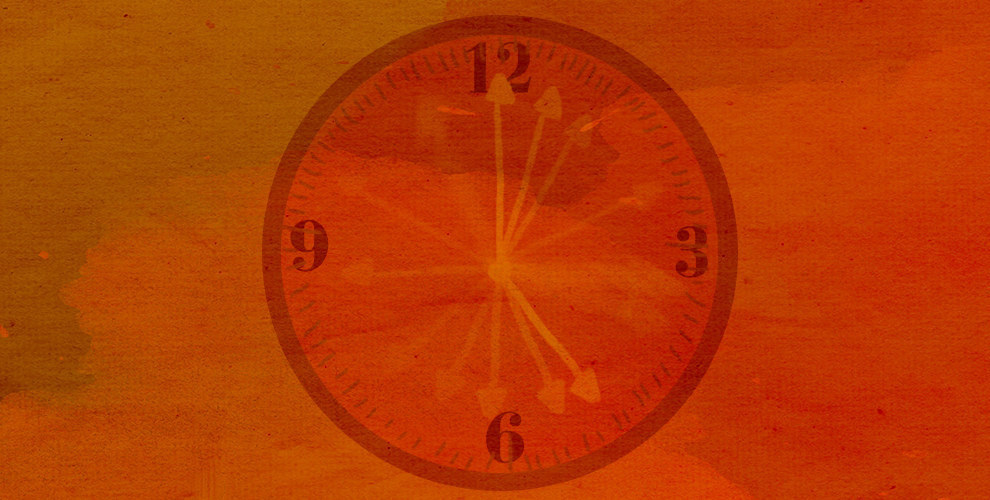
15. Having bipolar disorder isn't like the romanticized images you see in TV and movies.
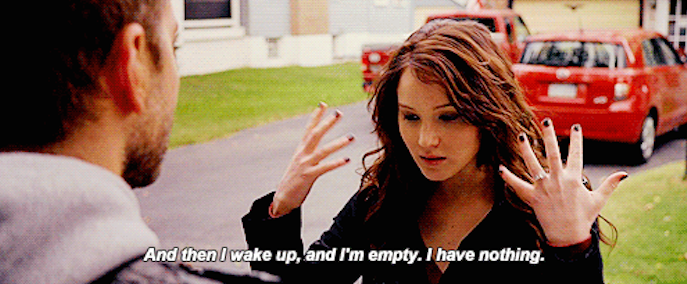
16. And bipolar disorder does not make someone inherently violent.
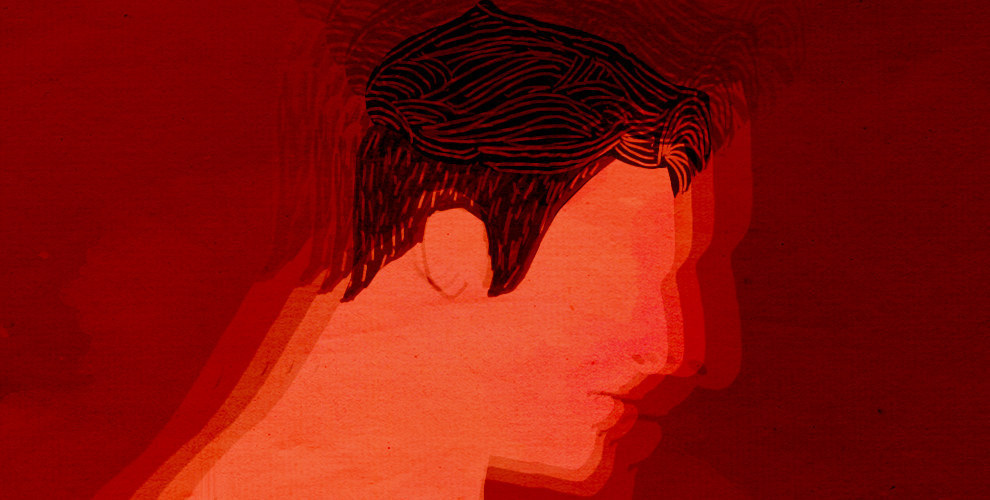
17. You won't necessarily know someone has bipolar disorder until they tell you.
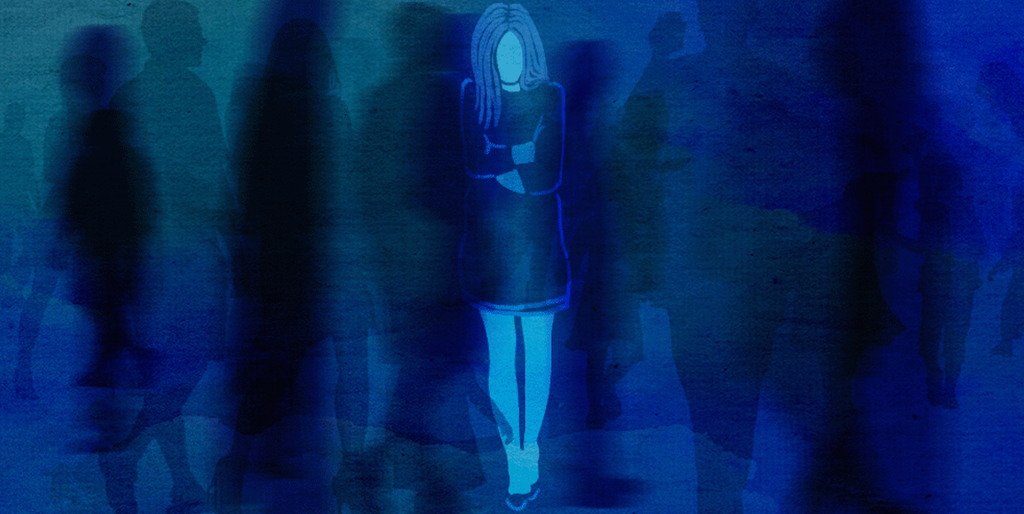
18. In fact, manic episodes may even be mistaken for ambition.

"Who goes to the doctor or a therapist when they are 'flying high' or 'so ambitious'?! My personality, activism, and academic career actually masked my manic episodes. I was applauded for being super driven, successful, and involved in everything. The experience was much different, though. I was propelled by fear, numbness, and guilt. Sometimes I felt like I was a tiny person looking down on my body, going to five meetings a day, partying all weekend, and drinking at lunch on weekdays."
—Robin via email
19. Talking about your bipolar disorder can be really difficult.
20. When someone does tell you about their diagnosis, just listen and be there for them.
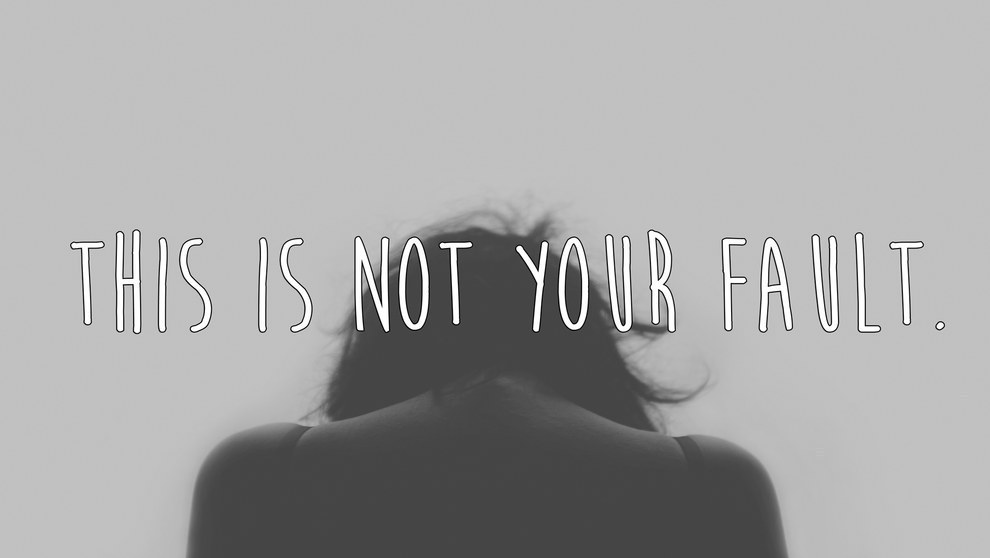
21. In fact, many people keep their illness private for fear of judgment or punishment in the workplace.
22. Experts still aren't entirely sure what causes bipolar disorder.
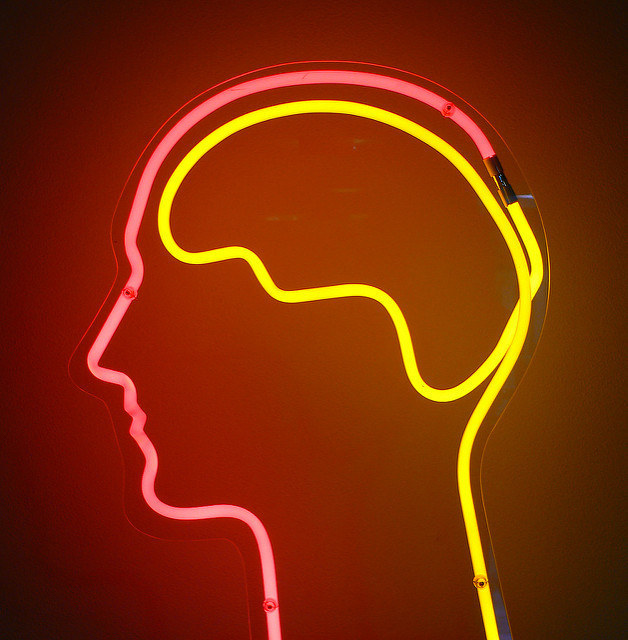
23. The road to getting diagnosed might be a long and frustrating one.
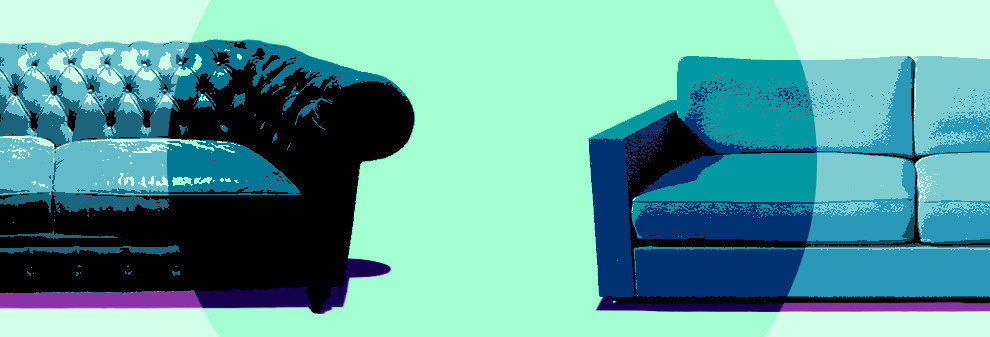
24. Treatment for bipolar disorder is not one-size-fits-all.

25. Finding that perfect treatment plan can take a lot of trial and error.

26. Once someone finds a treatment plan that works, it can be a struggle to actually follow it.

27. It's not uncommon for someone with bipolar disorder to decide to stop taking their medication.
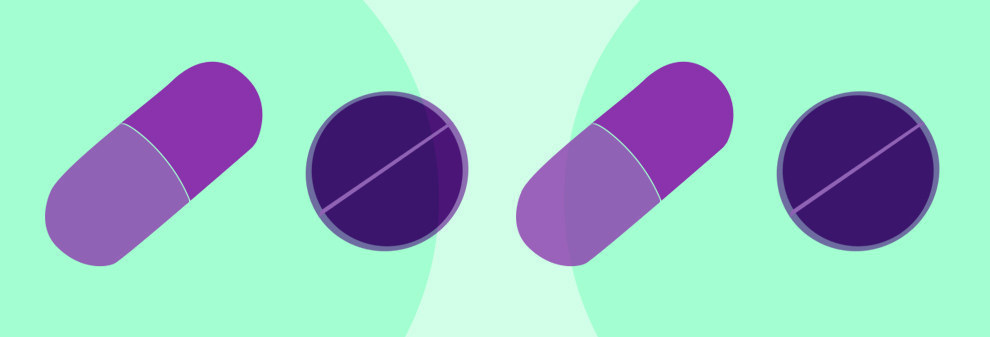
28. And some people may turn to drugs and alcohol to self-medicate.

29. Making an effort to understand this disorder is one way you can be there for someone you love.
30. Bipolar disorder, like any other serious illness, does not define you.
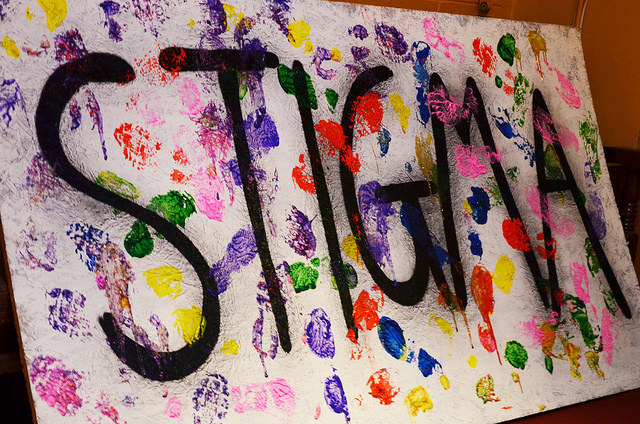
31. Patience and understanding are deeply appreciated.
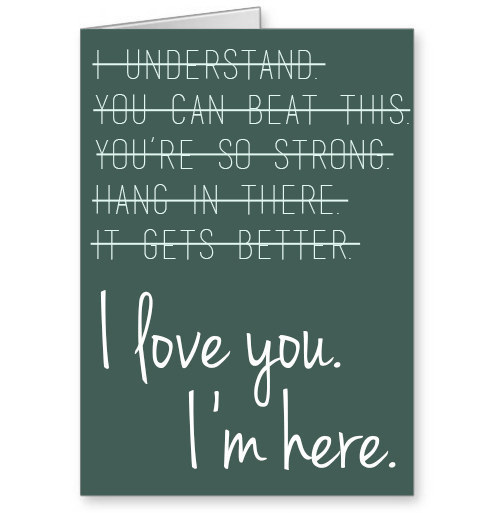
32. Bipolar disorder is a treatable illness, and it is absolutely possible to lead a fulfilling, productive life with bipolar disorder.

